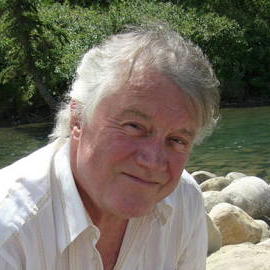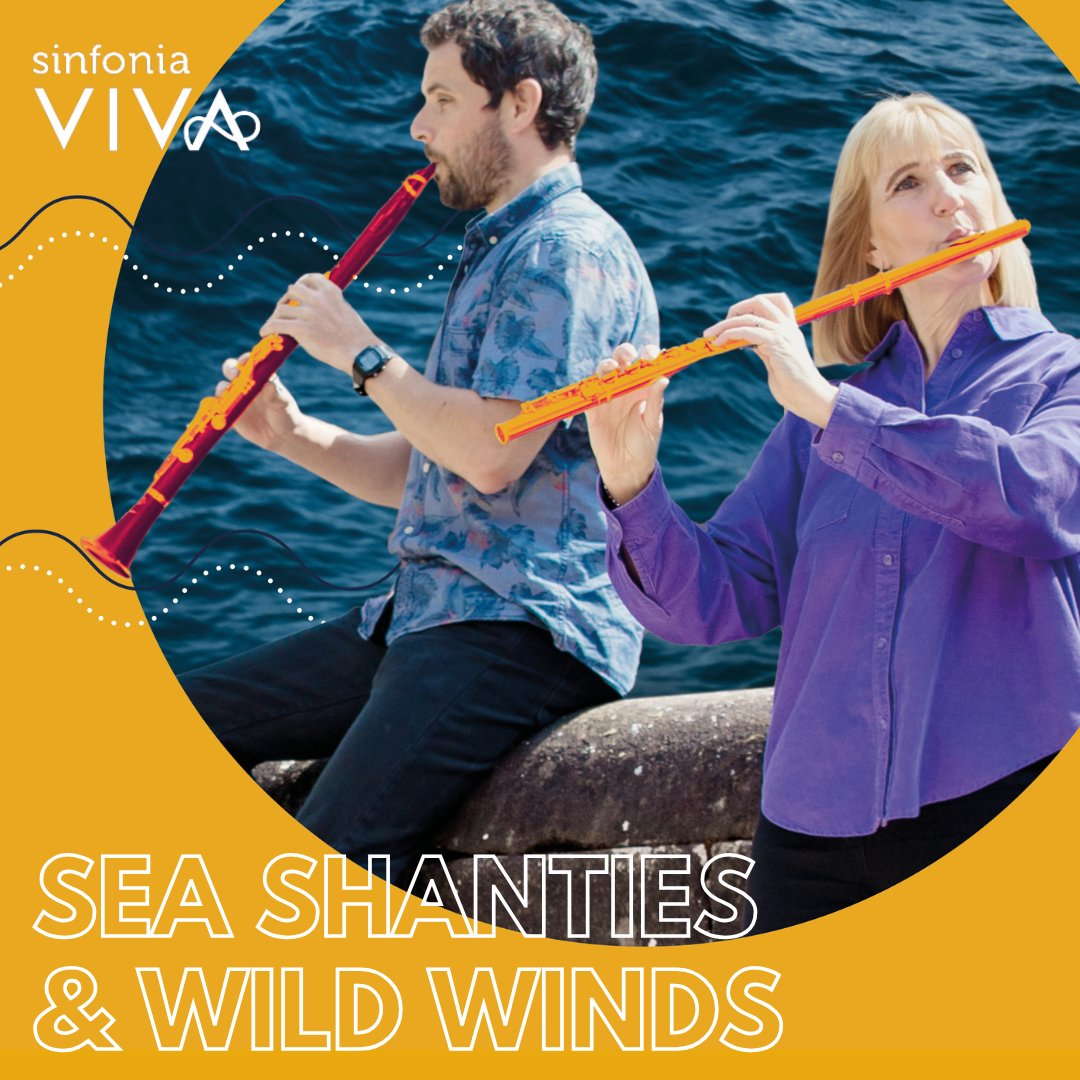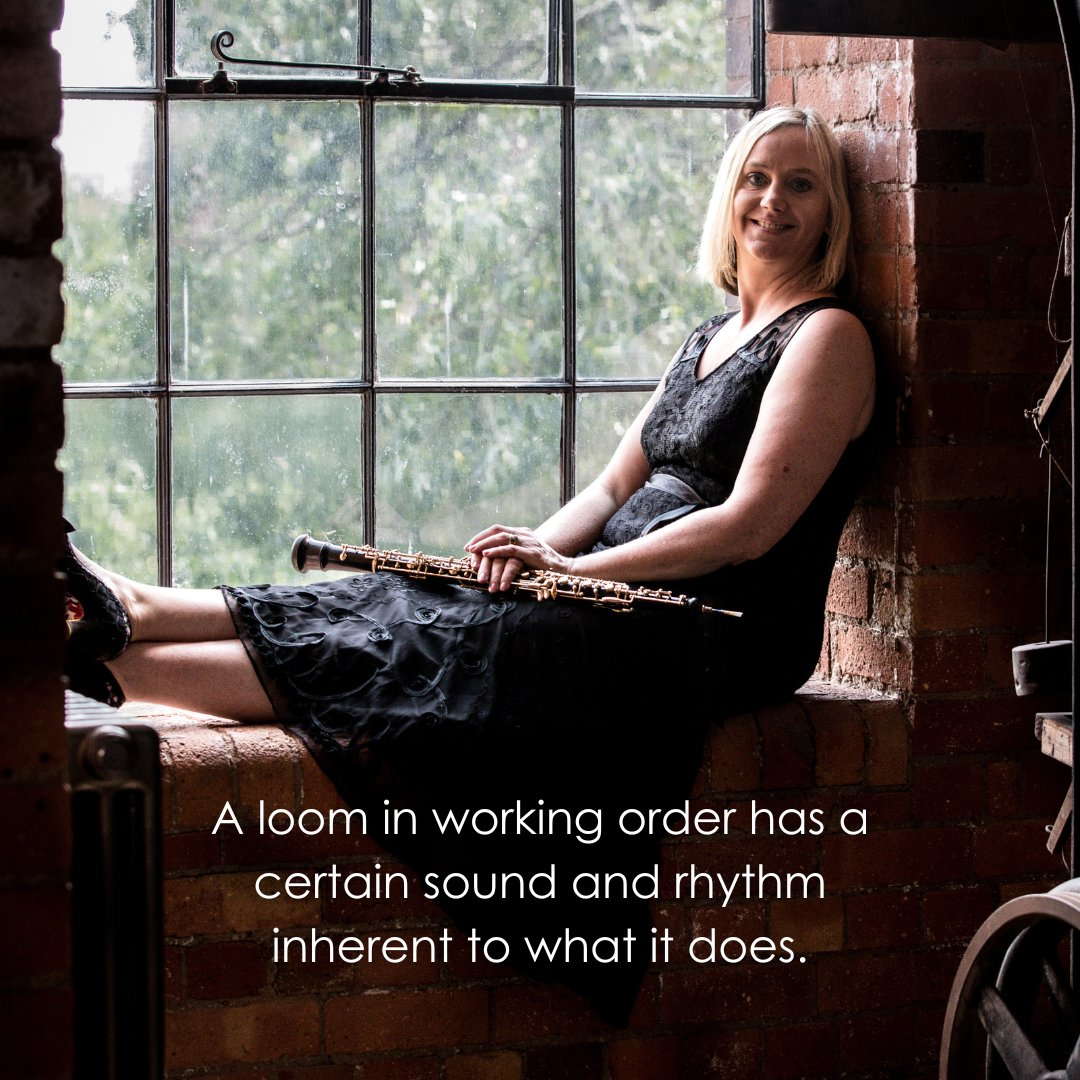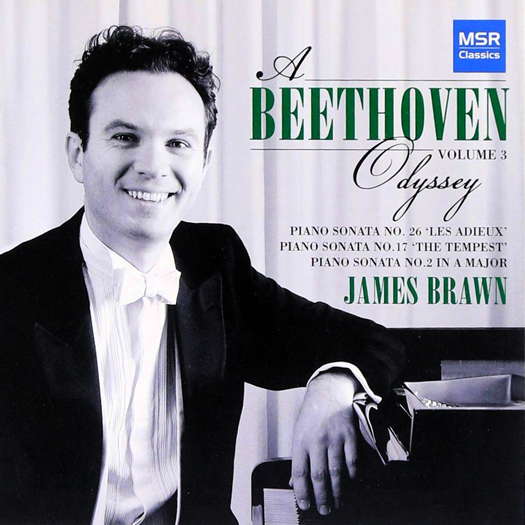 SPONSORED: The Many Hats of Allan Rae - A Birthday Greeting, by Endre Anaru.
SPONSORED: The Many Hats of Allan Rae - A Birthday Greeting, by Endre Anaru.
All sponsored features >>
Hoisting the Mainsail
MIKE WHEELER experiences sea shanties and wild winds from the wind principals of Sinfonia Viva
One-hour afternoon concerts have become something of a Sinfonia Viva speciality. Following their string colleagues in Nottingham a few weeks ago, it was the turn of the five wind principals – Rachel Holt, flute, Maddy Aldis-Evans, oboe, Matthew Dunn, clarinet, Gareth Humphreys, bassoon, and Sarah Pennington, horn – in Derby's Museum of Making - Derby, UK, 30 January 2025.
'Sea Shanties and Wild Winds' was the overall title, and Malcolm Arnold's well-loved classic, Three Shanties, raised the curtain, or hoisted the mainsail, rather. The first movement was full of the composer's characteristic 'catch-me-if-you-can' impudence, the second was delightfully laid-back, and the players thoroughly enjoyed the various splurges and swoops with which Arnold peppers the finale, and which really couldn't be by anyone else.

Publicity for Sinfonia Viva's 'Sea Shanties and Wild Winds' concert
Is it time for a fresh look at Gordon Jacob? His Wind Quintet No 1 is certainly an engaging work, and the first movement's pert, jolly repartee was well projected. The second movement is more or less a song without words, and Maddy Aldis-Evans brought a real folky feel to her opening solo. Jacob was never part of the folk-music movement associated with Vaughan Williams and others (though he did study with VW), but the influence seem to have rubbed off on the dancing third movement Fugue as well. The players kept it all light and skippy, before bringing out the wistful character of the fourth movement Theme and Variations, which spotlights various instrumental pairs, and one trio, in turn. The concluding Rondino was given a nicely cheeky sign-off.
Maddy Aldis-Evans is a composer as well as an oboist, and this was another chance to hear her piece Woven, following its premiere in November 2023. It was prompted by an eighteenth-century loom in the Museum's collection, housed, she delightedly told us, in the gallery immediately above where we were. Inventively taking its structural cues in turn from the vertical and horizontal threads in a piece of fabric, the piece was accompanied, as before, by a video made by Aidan Aldis-Evans – revised since we first saw it, including a new photograped section – wittily reflecting the music's textures and colours.

Publicity for Maddy Aldis-Evans' Woven,
showing Aldis-Evans in Derby's Museum of Making
Cecilia McDowall describes her Century Dances, for oboe, clarinet and bassoon, as stretching 'a time-line from the eighteenth century to the present day'. There was elegance in the opening Allemande, and an aptly haunted air to the Menuet, subtitled 'Ghost Dance'. The Mazurka had plenty of rhythmic lift, the Tango was both sultry and quizzical, while the intricate three-way conversation in Last Dance was full of pertly delivered riffs.
In many respects Paul Patterson's Comedy for Five Winds neatly balanced Malcolm Arnold's shanties. The argumentative Prelude slithered and whooped on its helter-skelter progress, Soliloquy provided a moody backdrop to Sarah Pennington's expressive horn solo, and Blues really lived up to its name. The concluding Hornpipe played fast and loose with 'Jack's the Lad' (or 'The Sailor's Hornpipe' as it's commonly known), turning it into a waltz at one point, suggesting a parallel to Arnold's 'Drunken Sailor' tango.
Copyright © 9 February 2025
Mike Wheeler,
Derby UK




